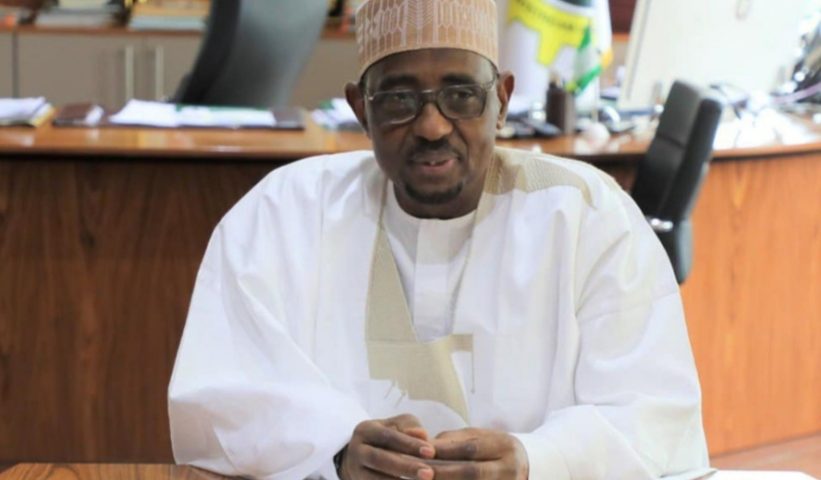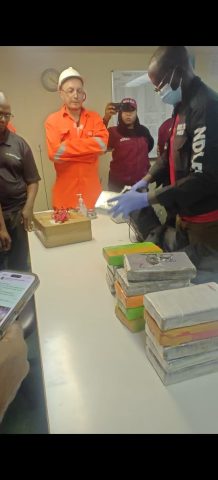A UK property tribunal has handed down judgment dismissing competing claims over a London house in a case bordering on alleged fraud, forgery and false identities.
The suit was filed by “Ms Tali Shani” against Mike Ozekhome, a senior advocate of Nigeria.
The first-tier tribunal (Property Chamber), presided over by Ewan Paton, ruled that neither the applicant, “Ms Tali Shani”, nor the respondent, Ozekhome, could prove ownership of 79 Randall Avenue, London NW2.
Instead, the court concluded that the real owner was Jeremiah Useni, a retired lieutenant-general who served as minister of the federal capital territory (FCT) and governor of the now-defunct Bendel state in the 1980s and 1990s.
Useni, who died in France early this year, was a very influential member of the Sani Abacha government and was even in contention to be head of state following Abacha’s death in June 1998.
In the beginning, The case began with what appeared to be a routine application at the Land Registry in London in February 2023.
Ozekhome, sought to register a transfer of the property executed in his favour in August 2021 by “Mr Tali Shani”.
That transfer stated that it was “not for money or anything that has a monetary value”. He had claimed that the transfer of the property by Shani was a “gift”, and “out of gratitude”, for the “many legal services” he had rendered to him in the past.
But when solicitors representing “Ms Tali Shani” lodged an objection, insisting she was the rightful registered proprietor and “outraged” at the purported transfer, the matter escalated.
Effectively, both “Mr” Tali Shani and “Ms” Tali Shani — one male, the other female — were claiming ownership of the same property.
What followed, the tribunal said, was “a quite extraordinary” series of hearings filled with mutual accusations of forgery, conspiracy, corruption, and impersonation.
In what was described as fake Identities a and web of Lies in this case was the identity of “Ms Tali Shani” who never appeared before the tribunal, despite multiple adjournments.
In 2024, her lawyers said she was hospitalised and later produced documents claiming she had died in Nigeria.
The tribunal examined those documents closely: medical reports, a Nigerian national identity slip, a mobile phone bill, a death certificate, and even an obituary notice.





